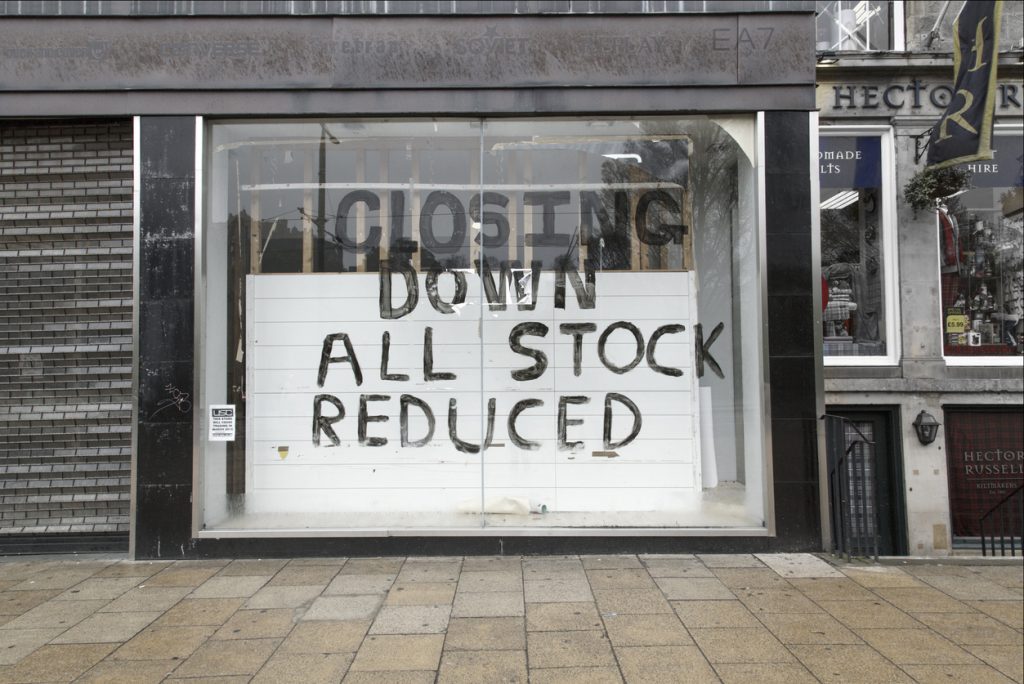A CVA consists of negotiating with creditors to propose revised payments with the view to keep the business afloat.
A CVA must be proposed by a licensed insolvency practitioner and over 75% of creditors by value must vote in favour of the proposal. If creditors disagree with the proposition, the insolvency practitioner can renegotiate.
The driving force behind a CVA is to agree to slice expenditure in the hope to keep the business above the ground. The intention behind a CVA is to seek long term viability, rather than a short-term fix which the business could quickly transition out of. CVA’s typically last between 3 to 5 years, requiring long term commitment from both the business and creditors.
What does a CVA mean for creditors?
A CVA provides a working solution to businesses in distress by implementing reduced repayments. Creditors are often inclined to comply, as failure to do so could result in the eventual liquidation of the business which could lead to an even smaller repayment. During the insolvency process, there is a prescribed order of repayment which must be followed as set out by the Insolvency Act 1986 which reflects creditor entitlement. Any remaining funds held by the High Street business will be distributed by the appointed insolvency practitioner to each class of creditors, subject to the availability of funds.
For a CVA to be enforced, creditors must accept the proposition of reduced payments. This is likely to be in the best interest of creditors to reduce the likelihood of payment defaults and incurring bad debt.
Common debts weighing down on High Street businesses can range from expensive rent, outstanding tax liabilities, rising business rates, debt repayments, employee wages and stock replenishment. As Covid-19 leads to the temporary suspension of footfall for retail and hospitality High Street businesses, expenditure continues to incur as income dries up.
Approving a CVA can have varied repercussions for the creditor. For example, a landlord for a High Street unit could honour lower rental payments as part of a CVA which could disgruntle other tenants committed to the standard rate. Straddling between the risk of non-payment and the possibility of tenant upset, securing a reasonable payment is likely to be the priority for creditors.
How can CVA’s rescue the British High Street?
As the coronavirus pandemic obliterates reserved profits and consistent patterns of trade following the closure of shopfronts, High Street stores consistent in scoring healthy profits pre-pandemic may need to patch the income gap to prevent falling into arrears. Covid-19 has functioned as the tipping point for High Street businesses showing no evidence of pre-existing financial difficulties before the global health emergency began.
An extensive string of High Street shops have been forced to close their doors indefinitely, a decision partly fuelled by turbulent trading conditions due to the coronavirus pandemic. The Business Distress Index, released by Real Business Rescue, found that 2.8 million jobs held by SMEs in significant distress were at risk during Q4 2020. This shows the magnitude of collateral damage that could occur if businesses were refused lifelines, such as a CVA or Fast Track CVA.
High Street businesses often grapple with extortionate rent, leading to growing calls to introduce turnover based rent. A CVA is an effective tool used to assist viable businesses to buckle down on mounting payments which cannot realistically be fulfilled in the current form.
If the business in question is unable to maintain repayments, a CVA may not be the ideal solution. As seen with the collapse of Debenhams, the former retail giant secured a CVA to attain rent cuts, closing a quarter of stores nationwide. Eventually tipped into administration having failed to secure a rescue deal, the balance sheet of the retailer presented growing losses due to underperforming stores and rising expenditure
If healthy businesses are likely to be buckled down by creditor payments, a CVA can help preserve the financial health of the business and often achieve the best outcome for creditors.
Written by Julian Pitts of Fast Track CVA - https://www.fasttrackcva.co.uk/





















